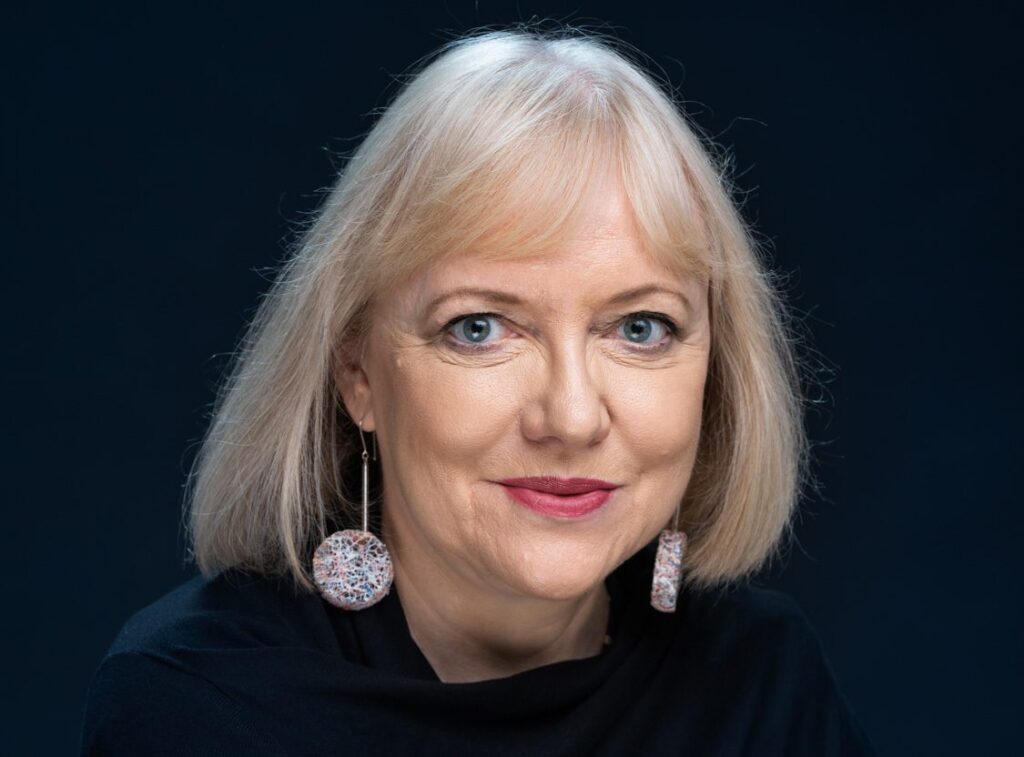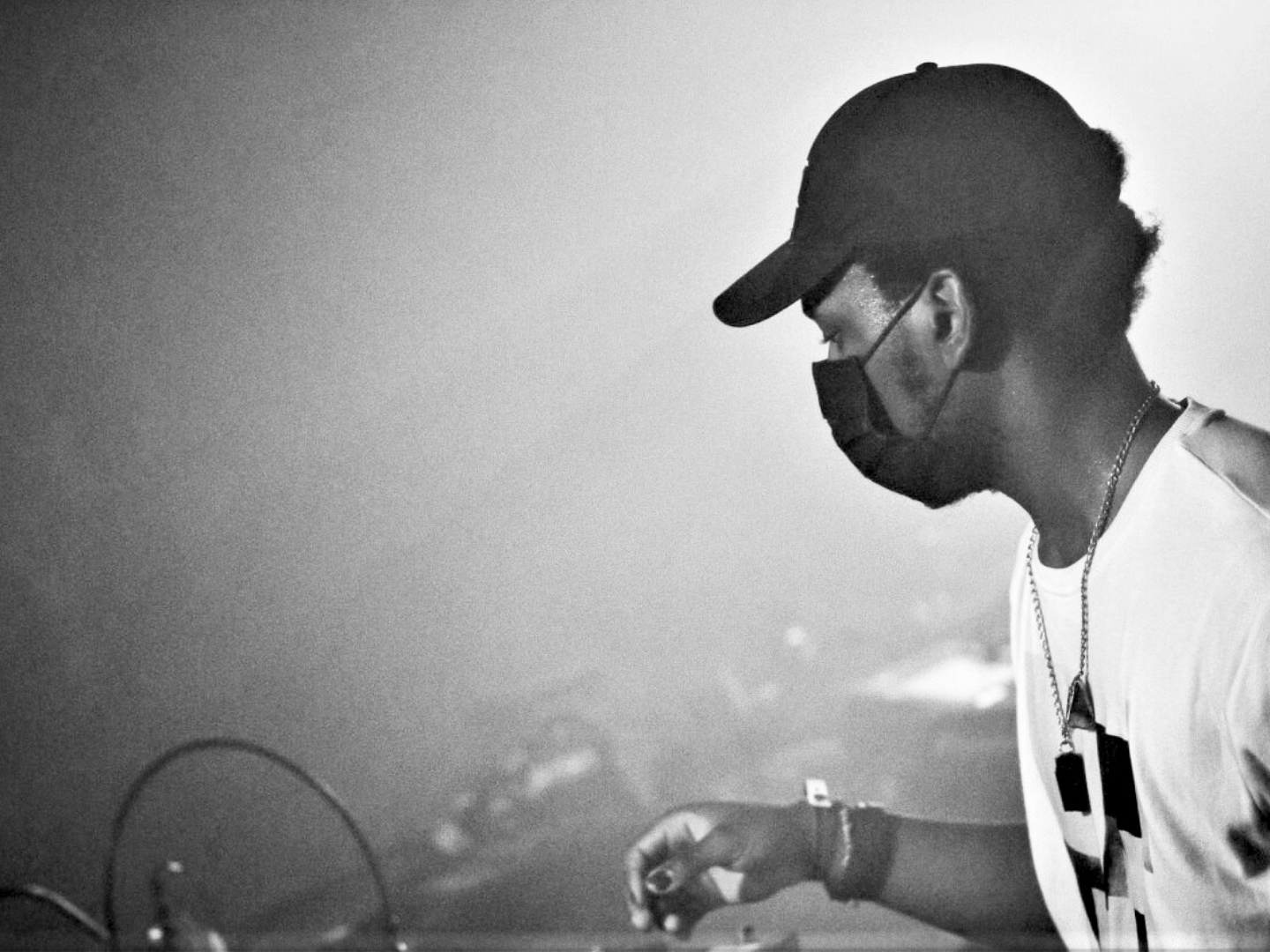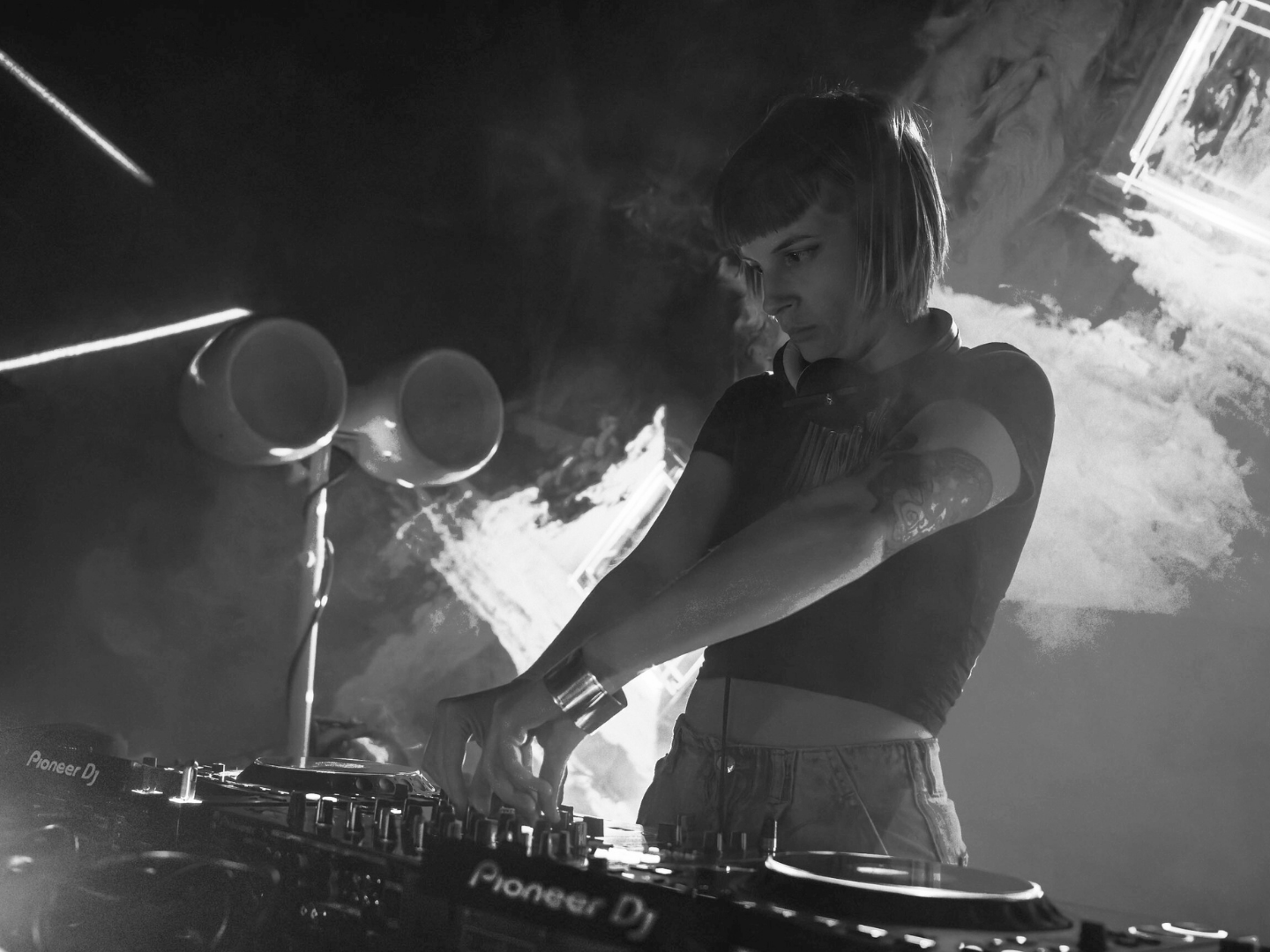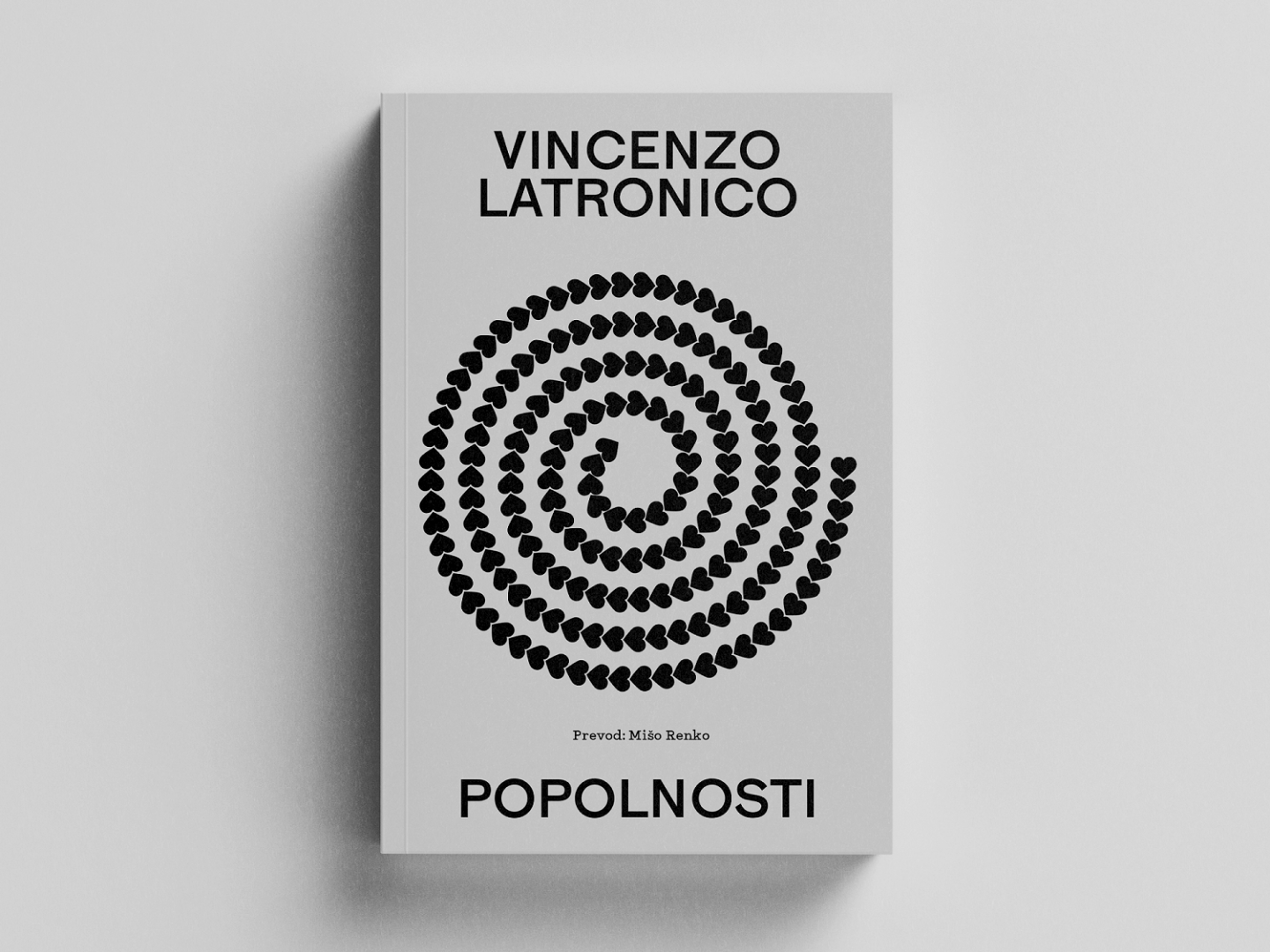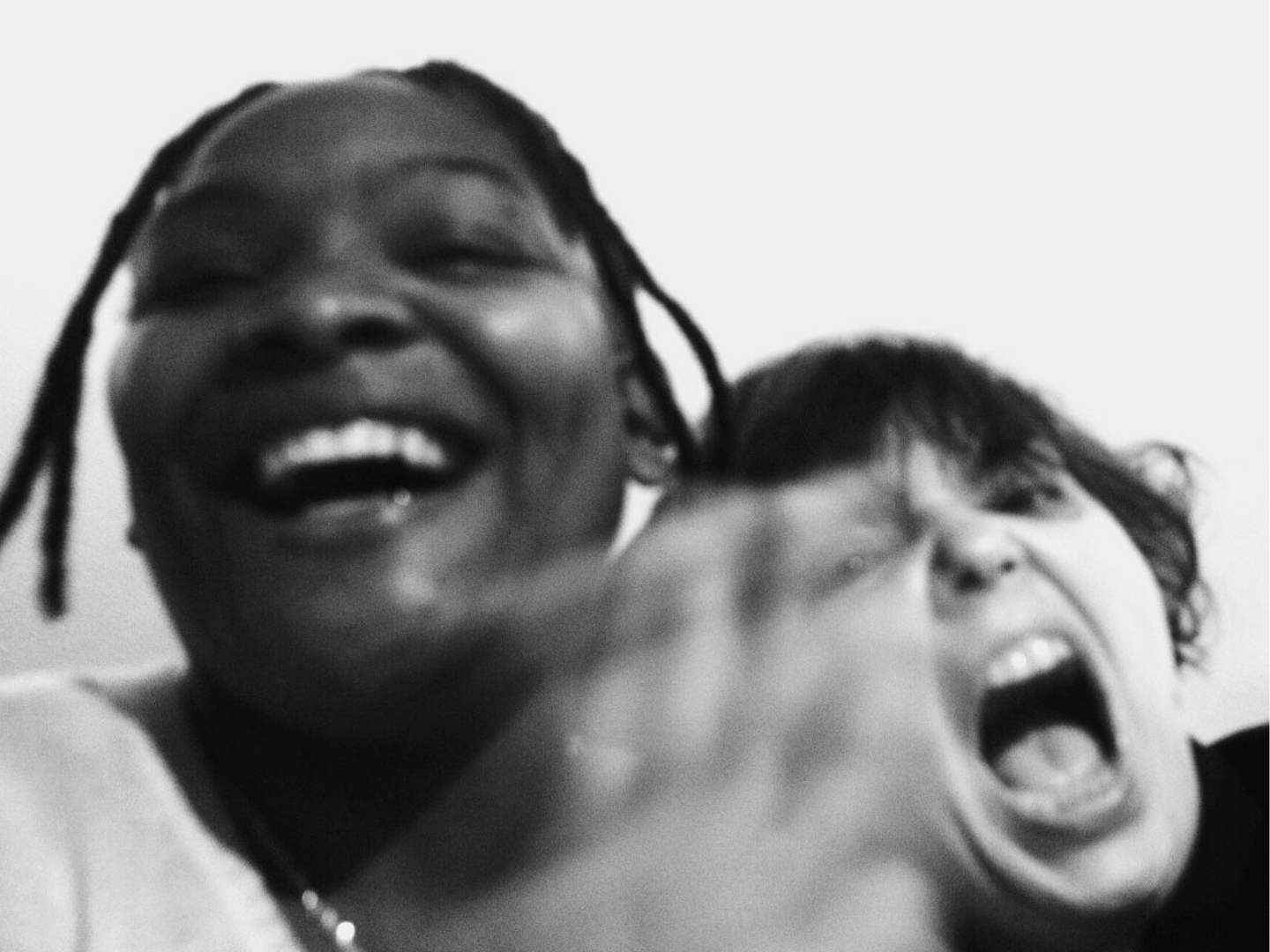
Emotions such as jealousy, envy, and anger are not only individual feelings; these emotions are deeply embedded in social structures and symbolic hierarchies – they shape how we see ourselves through the gaze of others and how we measure our worth in relation to them. In a particular way, these emotions are related to what psychoanalytic theory calls the “desire of the Other.” Jealousy and envy arise from the dynamics of imitation and recognition, and anger can easily oscillate between moral outrage and destructive resentment. Authoritarian political systems often play on these emotions, turning them into instruments of control and division.
Historically and in contemporary politics, envy and anger have been used to construct scapegoats, mobilise resentment against imagined enemies, and create emotional solidarity around exclusionary ideals. The pandemic offers a recent illustration of how crises intensify these affective economies – producing new forms of envy toward the privileged or the healthy, and redirecting anger toward governments, experts, or marginalised groups. However, these emotions might also contain the seeds of resistance: rage can become a force for justice, and when people recognise their shared vulnerability, envy might transform into empathy and social critique.
The lecture will be in English.
